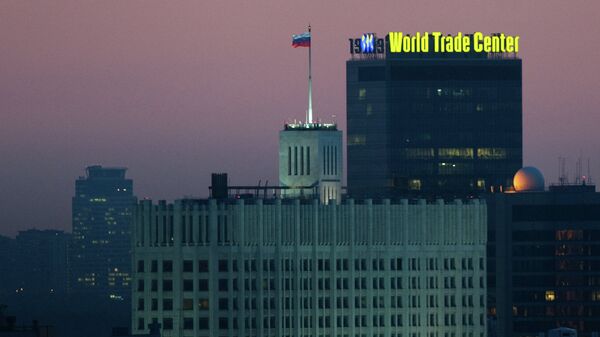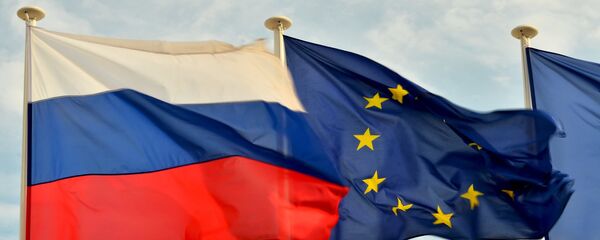“The ban on the import of certain categories of agricultural products, raw materials and food from the US, EU member countries, Canada, Australia, Norway, Ukraine, Albania, Montenegro, Iceland and Liechtenstein has been extended from 1 January until 31 December 2018,” the statement read.
Moscow underlined that the measures are aimed to ensure the country’s security.
“These restrictions are designed to expand the special economic countermeasures against certain states based on the extent of their involvement in the sanctions regime against Russia,” according to the statement.
The decree was issued in order to implement Russian President Vladimir Putin’s executive order from June 30, 2017 “on Extending Certain Special Economic Measures to Ensure the Security of the Russian Federation.” The Russian government was instructed to provide measures for the implementation of the decree and, if necessary, make proposals on changing the countermeasures' date of effect.
In August 2014, Russia limited food imports, including meat, fish, seafood, fruits and dairy products, from those countries that imposed sanctions against it over the Ukrainian crisis.
On June 28, the European Union officially extended its sanctions against Russia for another six months over the lack of progress in the implementation of the Minsk accords on Ukrainian settlement. They are now set to expire on January 31, 2018.


